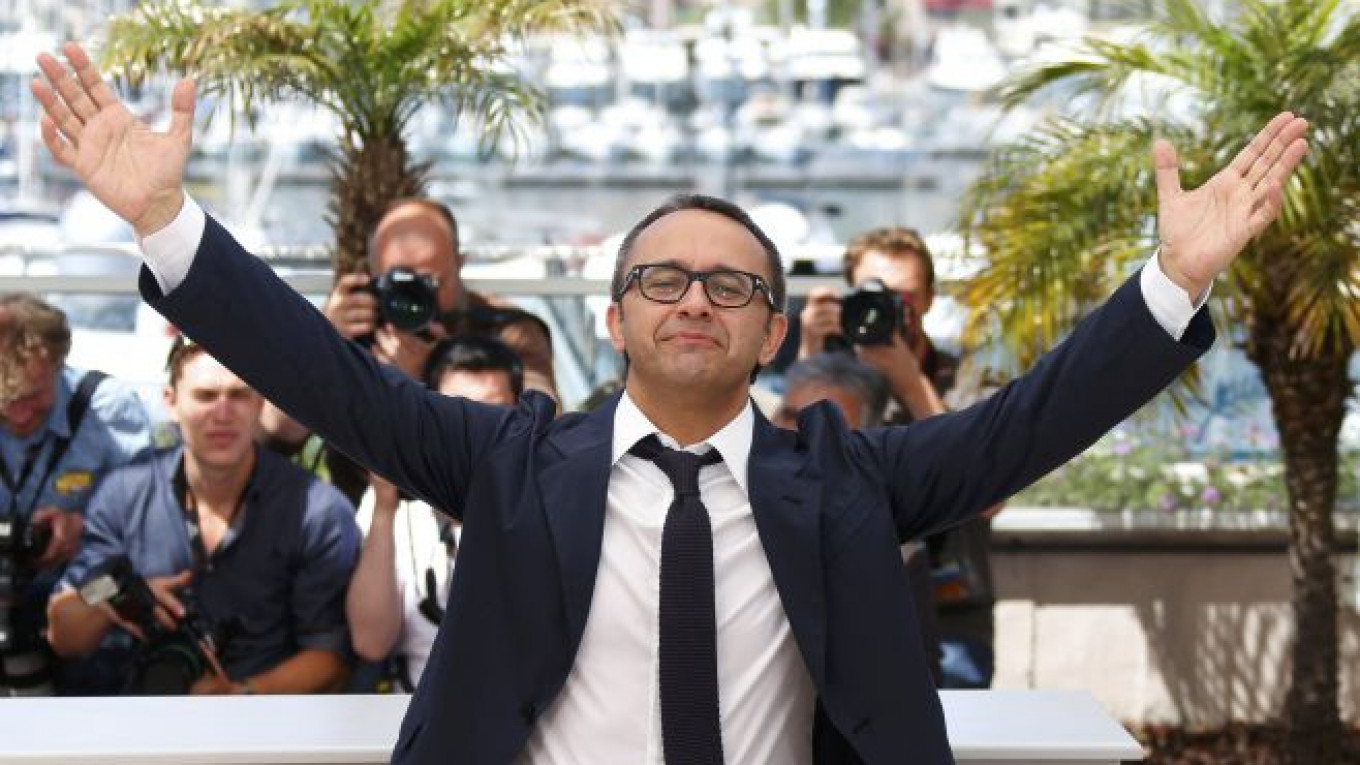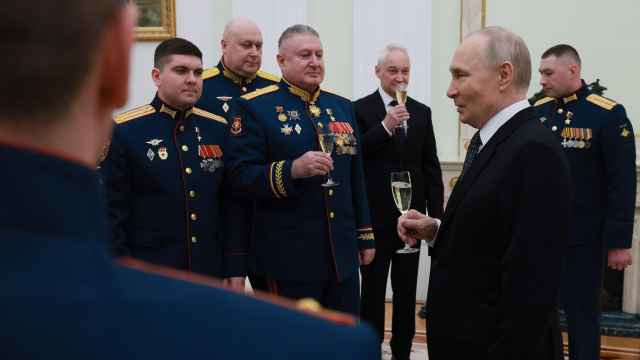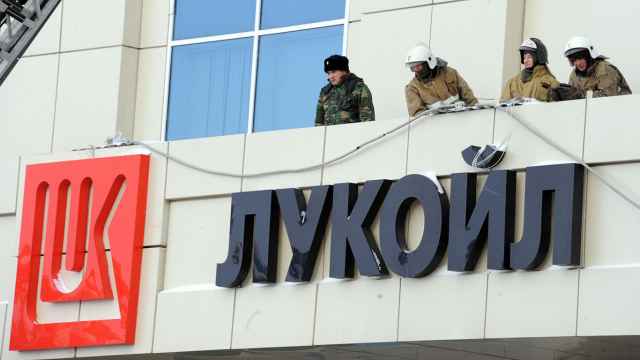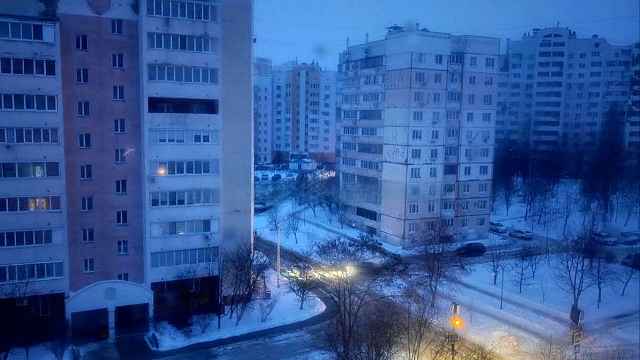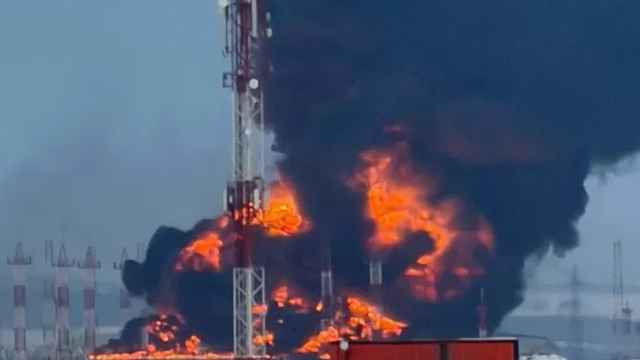CANNES, France — The director of a Russian film about corruption that received favorable reviews in Cannes said Friday that he hoped the film would be shown in Russia despite it receiving the disapproval of Russia's culture minister.
Director Andrei Zvyagintsev, whose film "Leviathan" is being shown in competition at the world's most prestigious film festival, said he had shown it to Culture Minister Andrei Medinsky, whose office partly financed the movie, before bringing it to the festival.
"He said the film was very talented but he didn't like it," Zvyagintsev said. "I can understand that stance. He has a lot of work, he is supposed to make the world better."
The film is a no-holds-barred look at how a corrupt local mayor (Roman Madyanov) crushes all who oppose him, seizing a piece of seafront property from handyman Kolia (Alexey Serebryakov) in a ruthless way that destroys the man and his family.
Many of the mayor's scenes are filmed with a wall photograph of President Vladimir Putin looking down over his shoulder, implying that the Russian leader endorses the style of government the mayor represents.
Reports circulated at Cannes that Medinsky was boycotting the film but there was no immediate response from his office or the festival press office.
A spokeswoman for the Culture Ministry in Moscow declined immediate comment, asking for a written request, but said all events Medinsky was planning to attend on Friday were on a schedule posted on the ministry website.
It did not include the premiere of "Leviathan" or a trip to Cannes, and indicated Medinsky would attend the St. Petersburg International Economic Forum in Russia on Friday.
The controversy over the film has been brewing for some days and Russian media have carried reports about it.
"The film won't suffer from cutting profanity out of it," Russian media have quoted Medinsky as saying. "The film is talented but I did not like it."
Asked about Medinsky's comments on profanity, Zvyagintsev said he hoped that because his film was made before a law curbing swear words comes into effect in July his movie would not be affected.
"I don't think we use too many swear words in the film," he said. "Each word was carefully weighted, we wondered if it was necessary to use this or that word in the dialogue.
"These laws that ban things aren't very suitable in my eyes," he said. "In the film it was truly necessary to use this kind of language and these swear words."
The film received mostly favorable reviews after a press screening.
Under the headline "A New Russian Masterpiece," critic Peter Bradshaw in The Guardian said: "Andrei Zvyagintsev's latest is a very strong contender for the Palme d'Or — a mix of Hobbes, Chekhov and the Bible, and full of extraordinary images and magnificent symmetry."
A Message from The Moscow Times:
Dear readers,
We are facing unprecedented challenges. Russia's Prosecutor General's Office has designated The Moscow Times as an "undesirable" organization, criminalizing our work and putting our staff at risk of prosecution. This follows our earlier unjust labeling as a "foreign agent."
These actions are direct attempts to silence independent journalism in Russia. The authorities claim our work "discredits the decisions of the Russian leadership." We see things differently: we strive to provide accurate, unbiased reporting on Russia.
We, the journalists of The Moscow Times, refuse to be silenced. But to continue our work, we need your help.
Your support, no matter how small, makes a world of difference. If you can, please support us monthly starting from just $2. It's quick to set up, and every contribution makes a significant impact.
By supporting The Moscow Times, you're defending open, independent journalism in the face of repression. Thank you for standing with us.
Remind me later.


